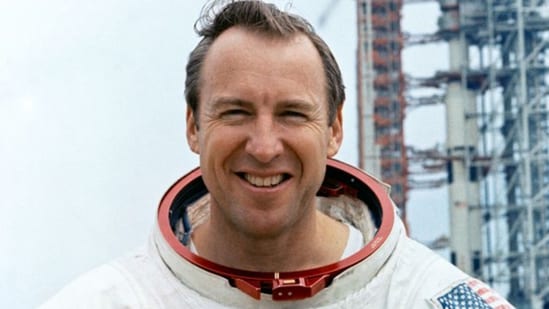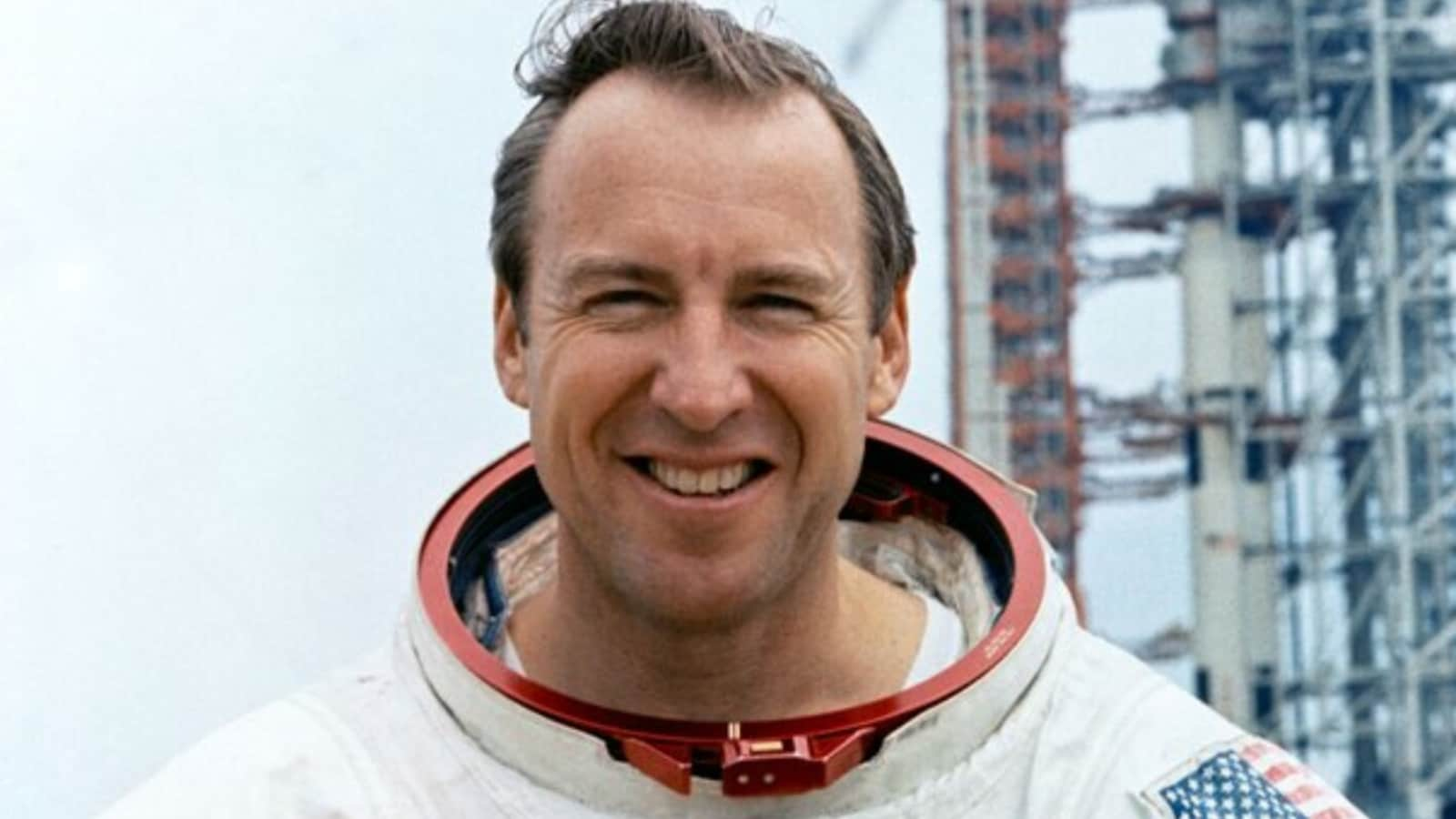NASA astronaut James ‘Jim’ Lovell, the commander of the Apollo 13 mission of 1970, passed away at the age of 97 on Friday, NASA announced. As the mission commander of Apollo 13, he famously steered the spaceship back to earth after its oxygen tank exploded two days into the mission. His calm words upon finding out about the tank explosion, “Okay, Houston … we’ve had a problem here,” as he notified the NASA base in Houston, has become a part of popular culture.
 Jim Lovell. (NASA)
Jim Lovell. (NASA)
Announcing Lovell’s death, NASA said in a social media post: “Lovell’s life and work inspired millions. His courage under pressure helped forge our path to the Moon and beyond—a journey that continues today.”
How Jim Lovell Turned Around Apollo 13 From A Disaster To Triumph
Apollo 13 was a crucial stepping stone in the history of NASA’s foray into the Moon. Launched on April 11, 1970, Apollo 13 was the third attempt by NASA to land on the Moon, and all of it in the heyday of the Cold War, a period marked by fierce rivalry between the US and the former USSR over space capabilities.
Two days into the mission, the oxygen tank of the spacecraft exploded, leaving it with limited power, near-zero navigation capabilities, and with the crew’s life support system declining rapidly. It prompted Lovell and his crew of astronauts to improvise on make-shift life-saving solutions using materials available on the spacecraft. They famously built a carbon dioxide filter from duct tape and plastic, among other things.
Also read: Jim Lovell cause of death: How did NASA’s Apollo 13 astronaut die? All on health issues
Additionally, Lovell himself played a crucial role as the commander of the aircraft to steer it back to the earth even in the absence of proper navigation. He used the Earth’s position he could see from the spacecraft’s window as a reference and guided it back to Earth. Though Apollo 13 did not eventually land on the moon, it became a story of survival that successfully averted what could have been a tragic crash.
“For some time, I thought Apollo 13 was a failure” Lovell had said. “I was disappointed I didn’t get to land on the moon. But actually, it turned out to be the best thing that could have happened.”
“Teamwork was necessary,” he had said on another occasion, reflecting on the mission. “Good leadership, initiative, to think outside of the box. When things go wrong, how do we repair them? Those were the three things that were absolutely necessary.”

